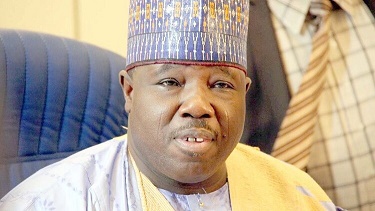By Ayomide Otitoju
President Bola Tinubu is set to sign into law four far-reaching tax reform bills on Thursday, in a major policy move expected to overhaul Nigeria’s tax and revenue systems.
According to a statement by presidential spokesperson Bayo Onanuga, the bills were passed by the National Assembly following extensive consultations with industry stakeholders and are aimed at boosting transparency, improving tax administration, and attracting investment.
The bills to be signed into law are:
Nigeria Tax Bill (Ease of Doing Business)
Nigeria Tax Administration Bill
Nigeria Revenue Service (Establishment) Bill
Joint Revenue Board (Establishment) Bill
The signing ceremony at the Presidential Villa, Abuja, will be witnessed by top officials including the Senate President, the Speaker of the House of Representatives, leaders of the finance committees in both chambers, the Chairman of the Nigeria Governors Forum, and other key figures.
The Nigeria Tax Bill aims to consolidate and harmonize Nigeria’s fragmented tax laws, reduce the burden on taxpayers, and simplify compliance to enhance the ease of doing business.
The Nigeria Tax Administration Bill seeks to establish a unified framework for tax collection and enforcement across federal, state, and local governments.
The Nigeria Revenue Service (Establishment) Bill will dissolve the existing Federal Inland Revenue Service (FIRS) and replace it with a more autonomous and performance-oriented body—the Nigeria Revenue Service (NRS). The new agency’s expanded role will include non-tax revenue collection, alongside provisions for accountability and transparency.
The Joint Revenue Board (Establishment) Bill introduces a coordinated governance structure for inter-agency cooperation on revenue matters, and will institutionalize the Tax Appeal Tribunal and an Office of the Tax Ombudsman to address taxpayer grievances.
The Tinubu administration expects the new legal framework to significantly improve Nigeria’s fiscal discipline, boost revenue generation, and create a more attractive investment climate.
“These reforms will not only enhance transparency and accountability but also encourage domestic and foreign investment by providing a predictable and efficient tax environment,” Onanuga stated.










